China could have access to the largest AI chips ever made, supercomputer with 54 million cores — US government investigates Cerebras' UAE-based partner
Cerebras' partner G42 denies breaking any regulations.
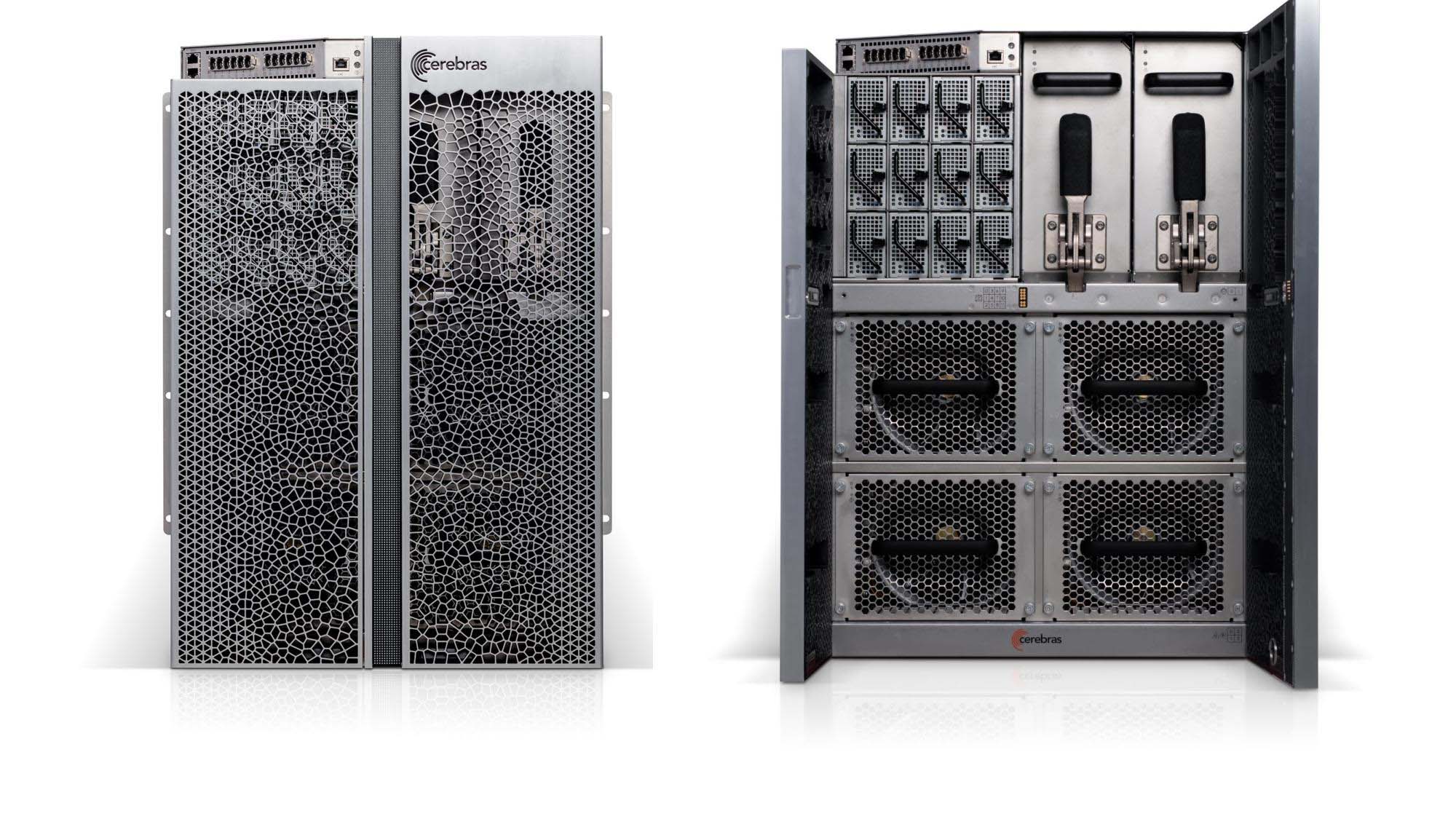
The U.S. government has raised concerns about G42, a United Arab Emirates-based technology holding company building up a network of A.I. supercomputers with massive performance. The company is apparently overseen by Sheikh Tahnoon bin Zayed of the UAE and has connections with Chinese firms the U.S. considers security threats (such as Huawei). G42 is set to use CS-2 hardware from Cerebras, a company that recently criticized Nvidia for supplying A.I. and HPC GPUs to "arm" Chinese companies, according to a report from the New York Times.
Cerebras' WSE-2 processors are the largest chips ever brought to market, with 2.6 trillion transistors and 850,000 AI-optimized cores all packed on a single wafer-sized 7nm processor, and they come in CS-2 systems. G42 is building several Condor Galaxy supercomputers for A.I. based on the Cerebras CS-2 systems. The CG-1 supercomputer in Santa Clara, California, promises to offer four FP16 Exaflops of performance for large language models featuring up to 600 billion parameters and offers expansion capability to support up to 100 trillion parameter models.
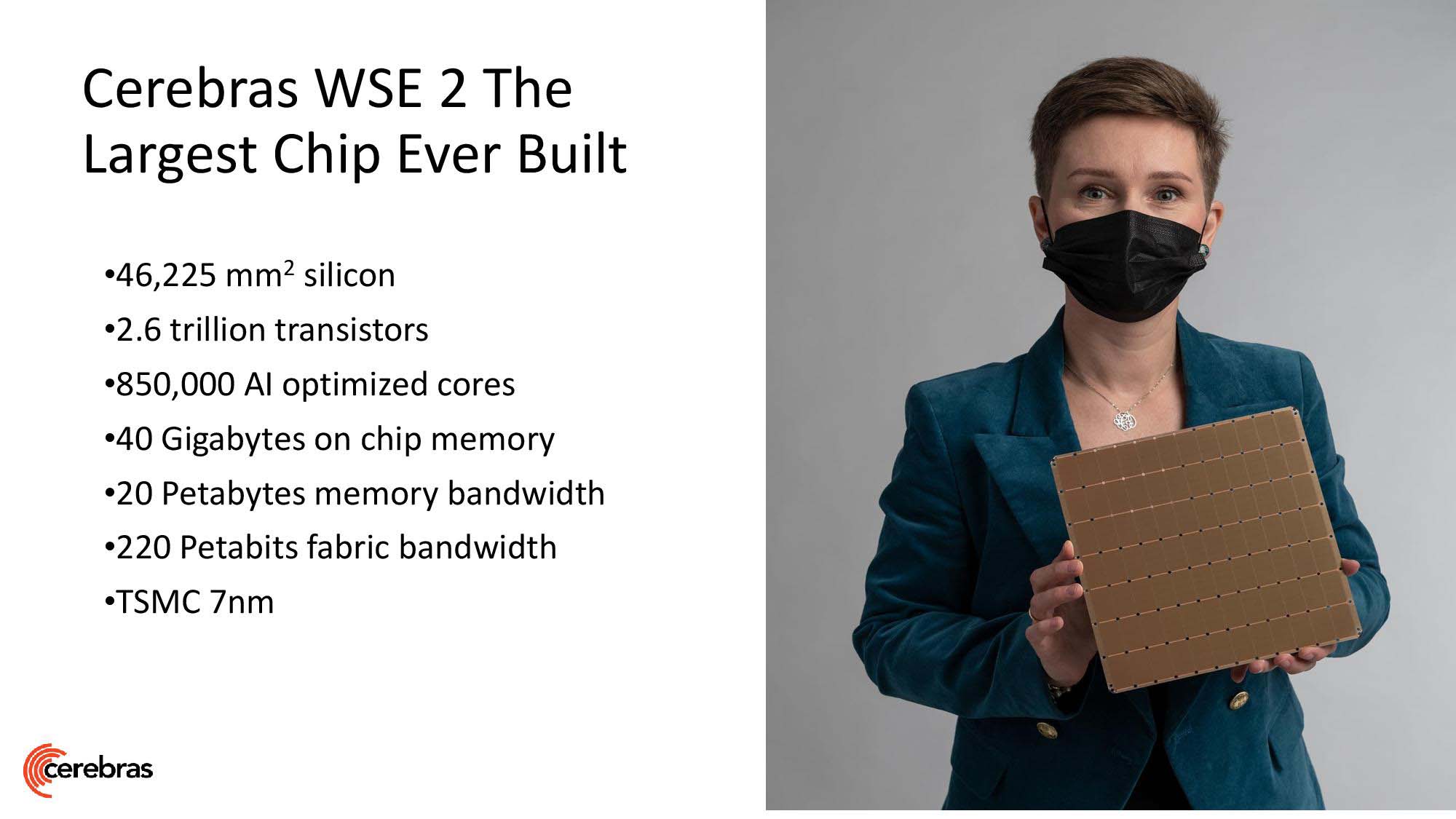
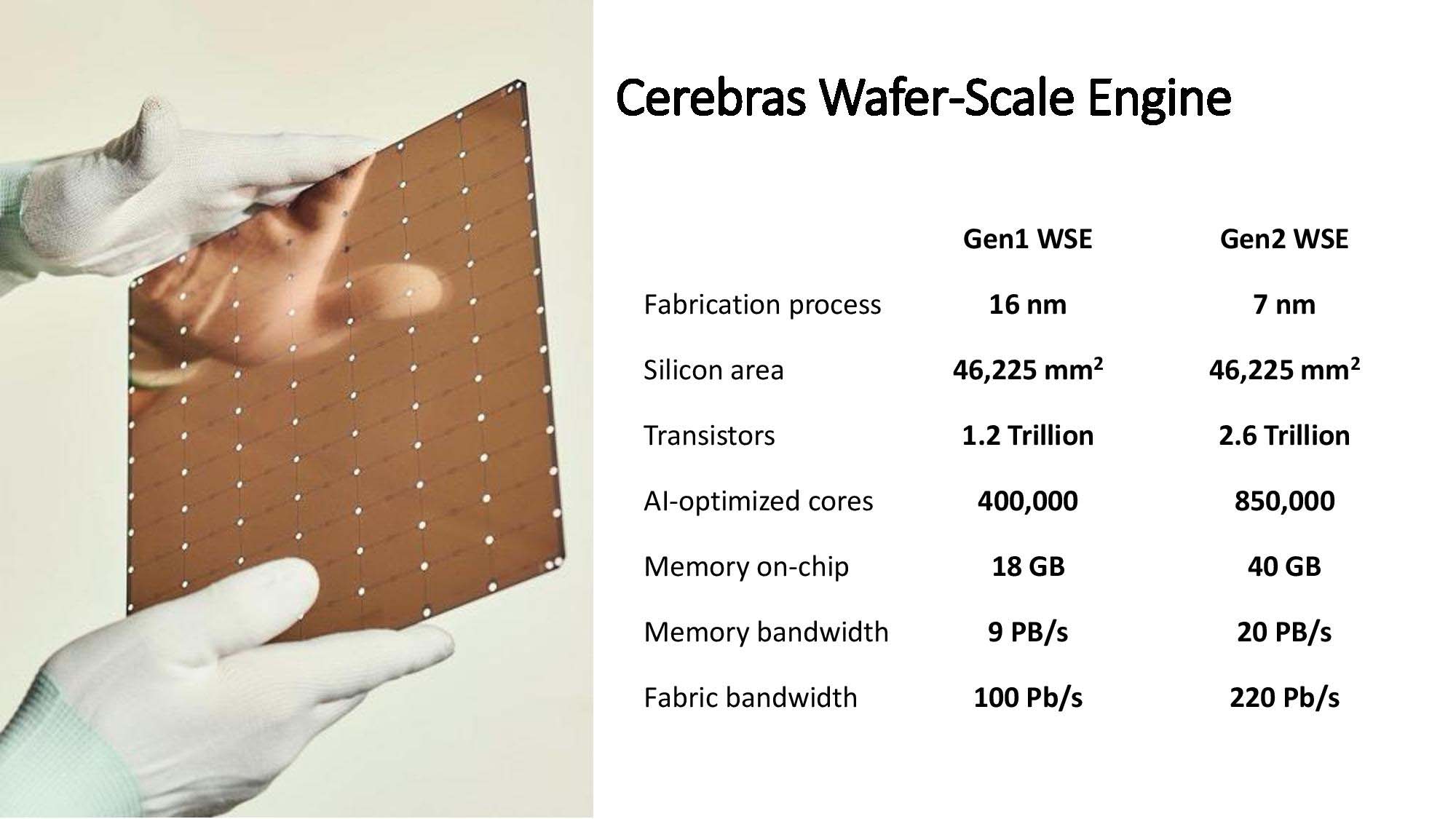

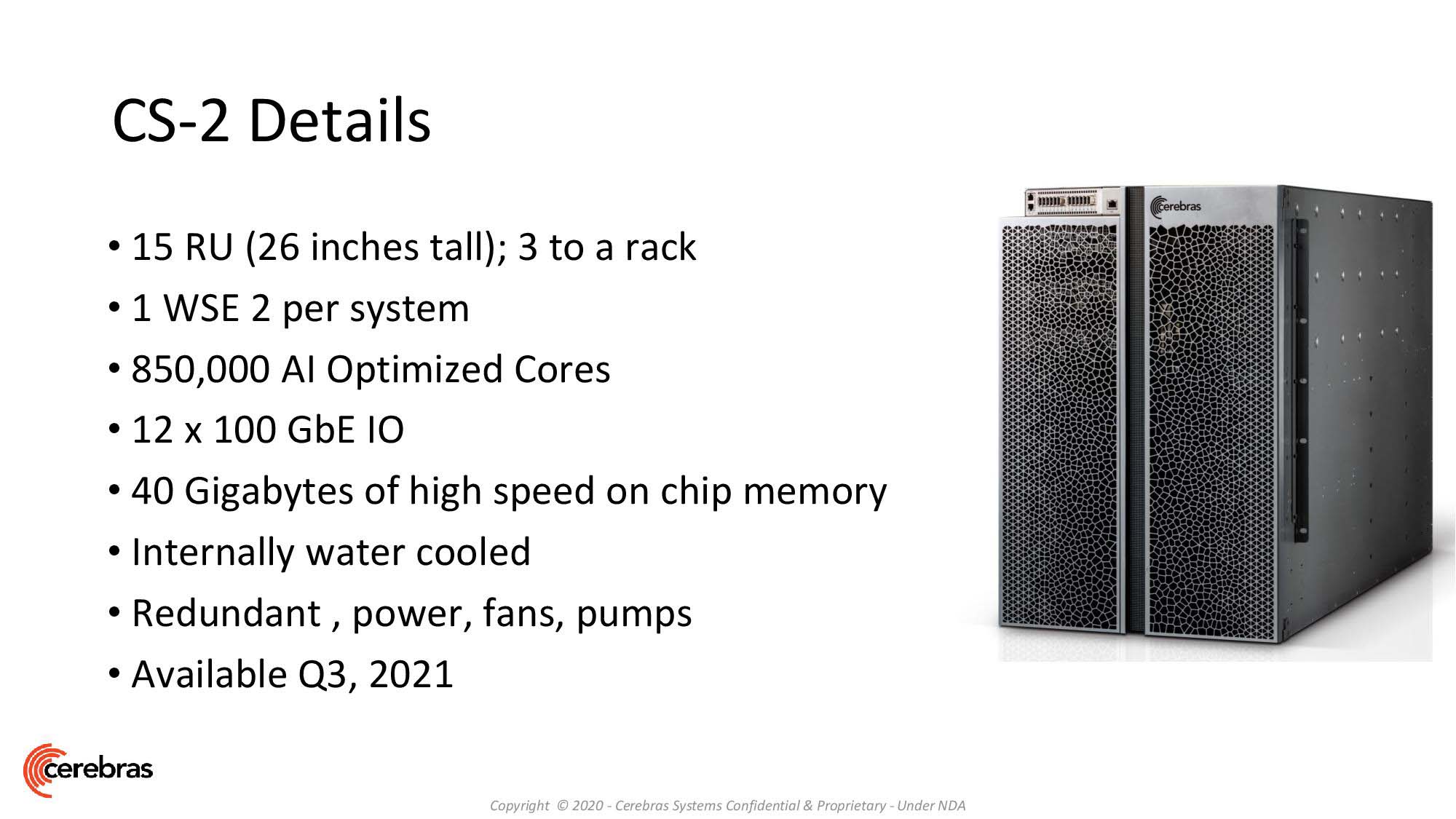
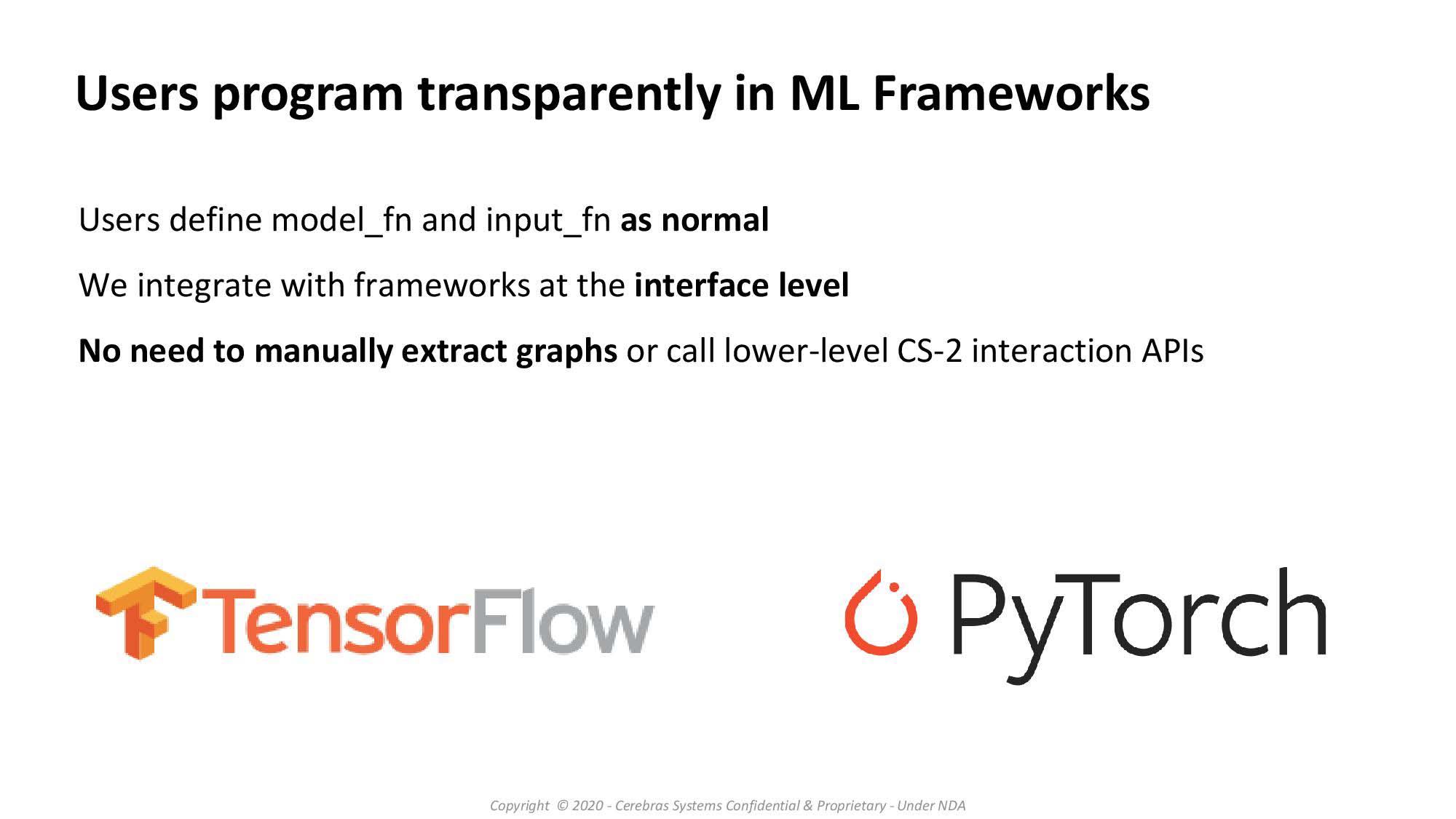
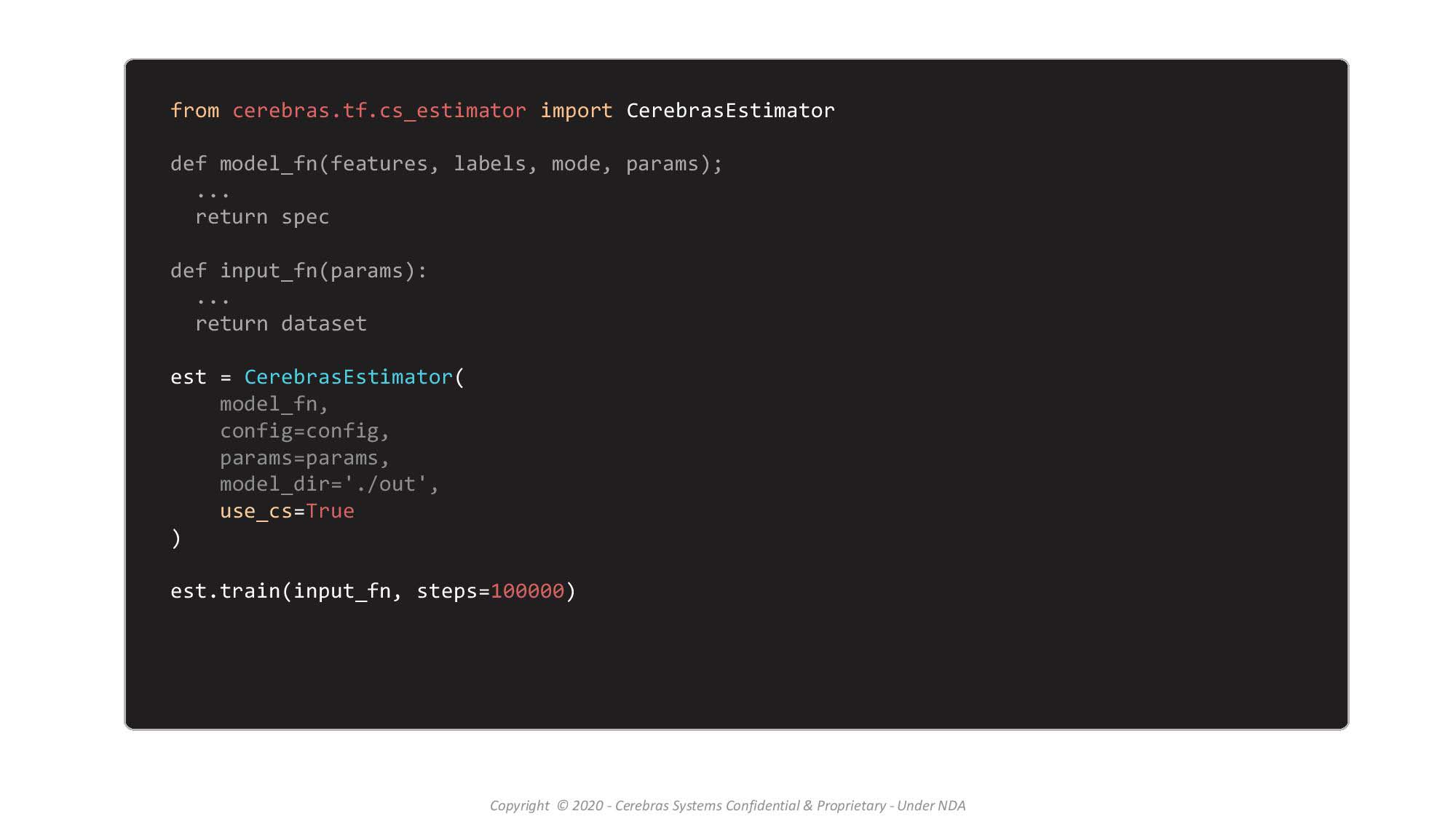
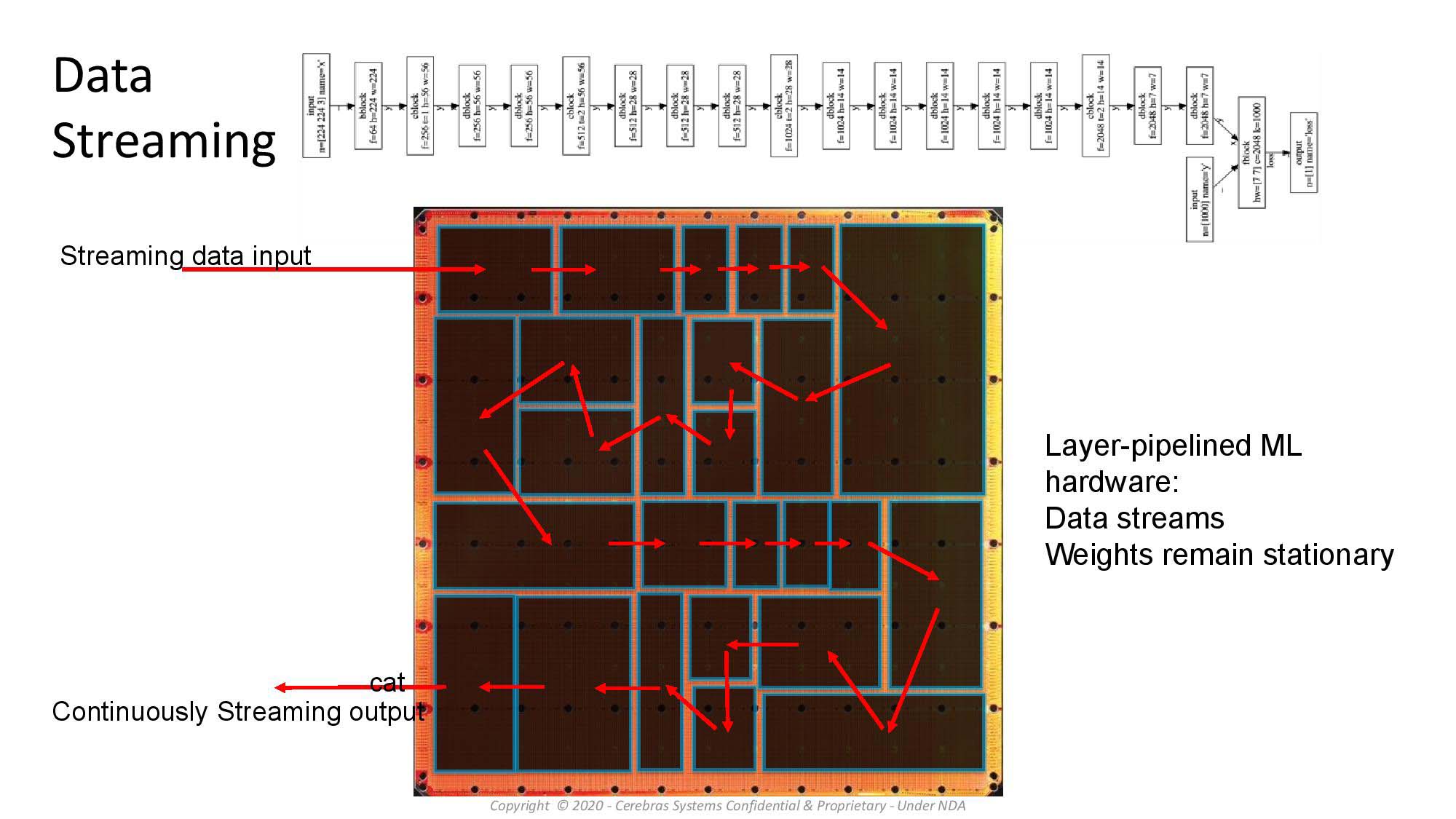
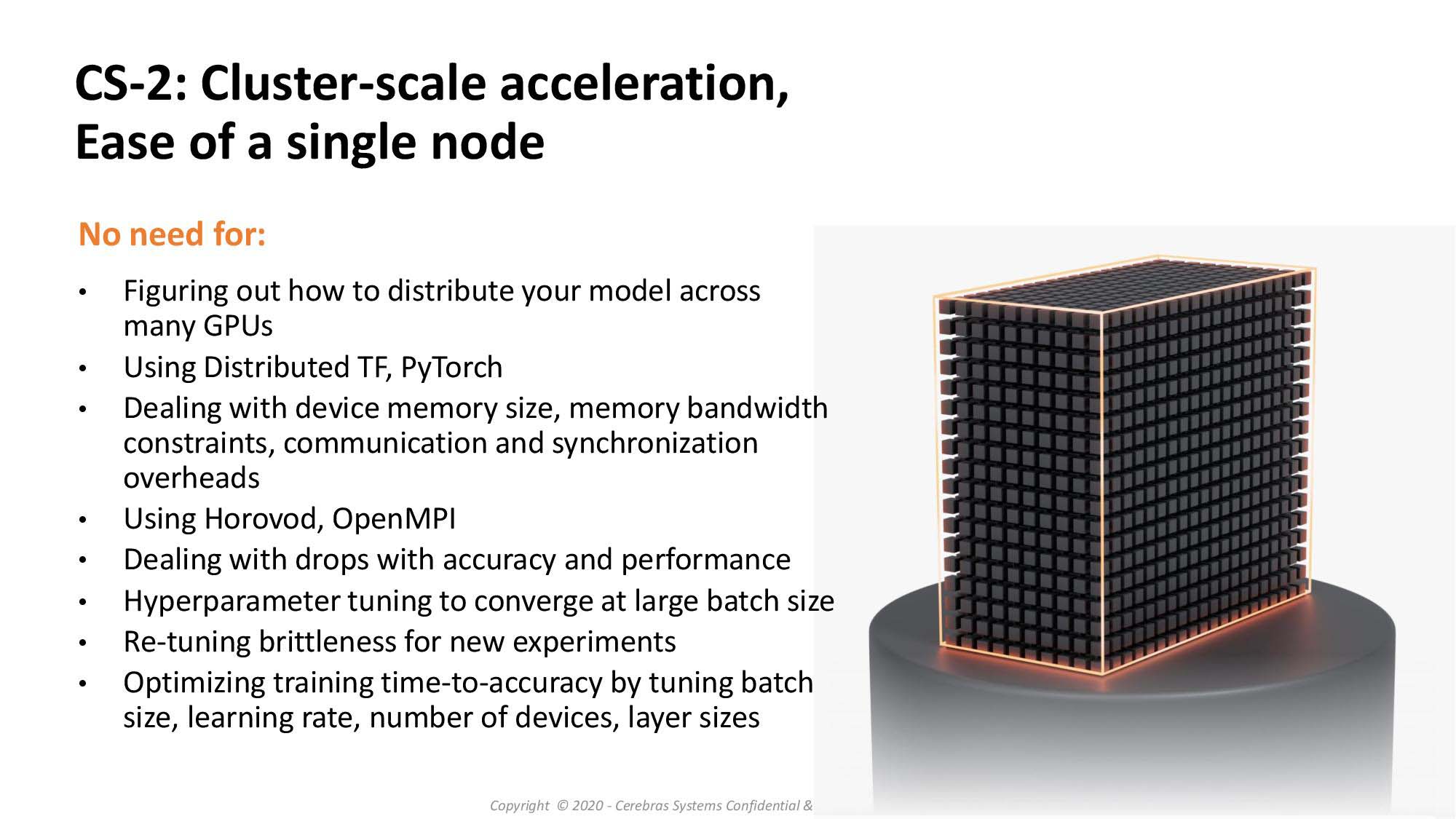
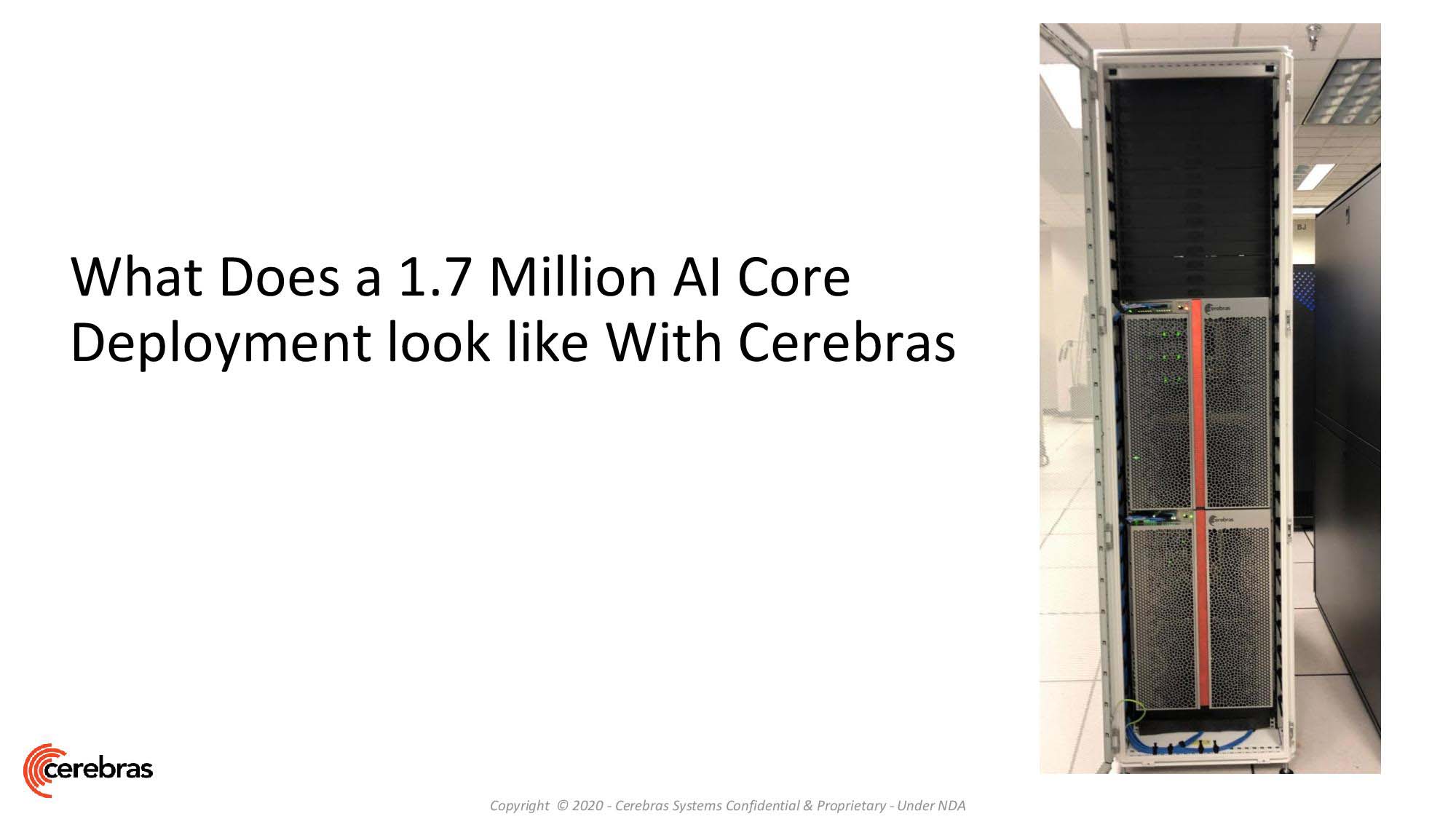
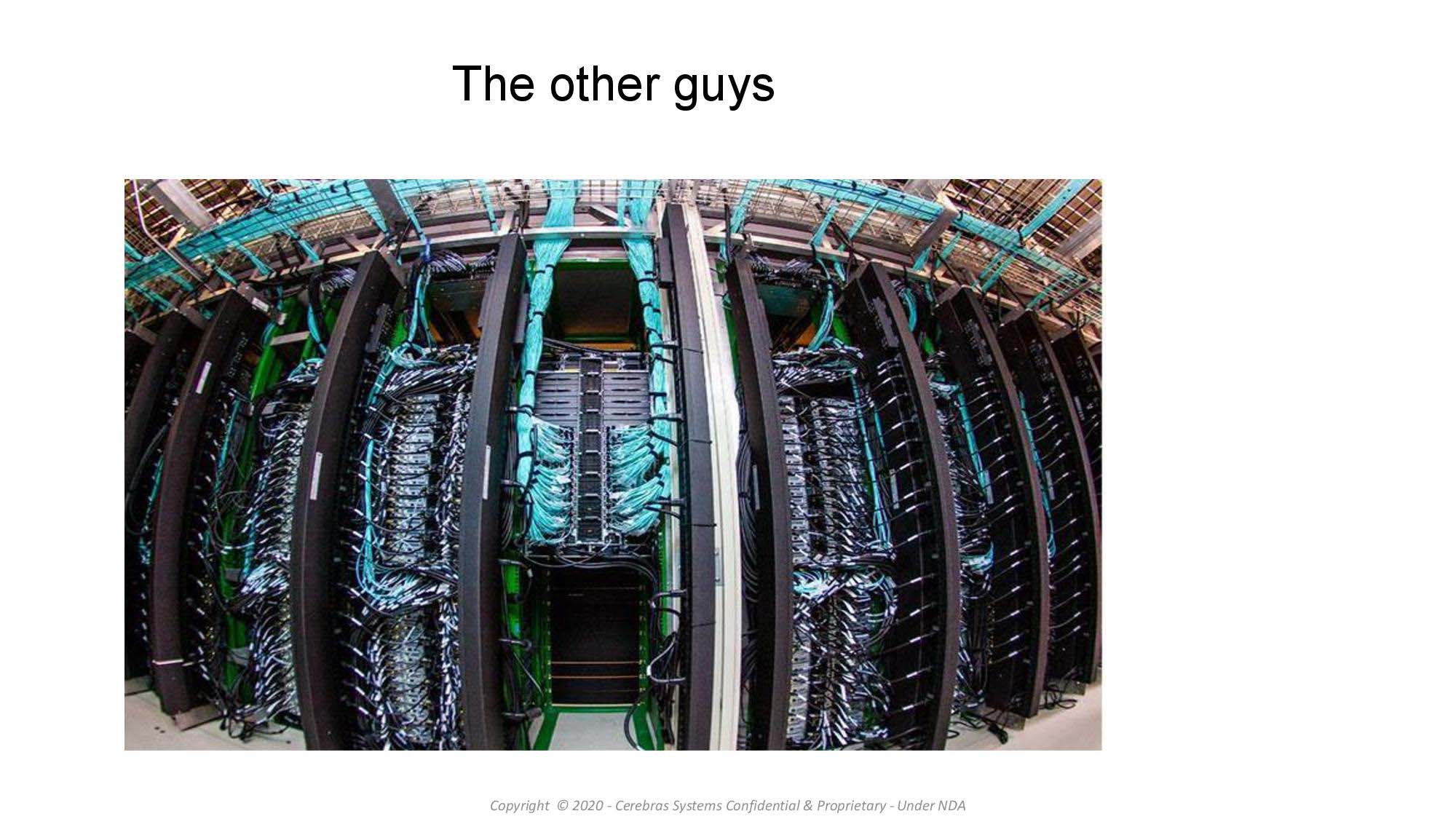
Perhaps most worrisome for the U.S. government, CG-1, though located in the U.S., is only the first of three A.I. supercomputers (CG-1, CG-2, and CG-3) based on Cerebras hardware. Meanwhile, G42 and Cerebras plan to launch six four-Exaflop Condor Galaxy supercomputers worldwide; these machines are why the CIA is suspicious.
Under the leadership of chief executive Peng Xiao, G42's expansion has been marked by notable agreements — including a partnership with AstraZeneca and a $100 million collaboration with Cerebras to develop the 'world's largest supercomputer.' But classified reports from the CIA paint a different picture: they suggest G42's involvement with Chinese companies — specifically Huawei — raises national security concerns. The CIA believes G42 is at risk of acting as a channel for sensitive American technologies and genetic data.
Xiao has been the focal point of the U.S. investigation, but the conclusions of the CIA document about Xiao are unclear. The U.S. administration has held discussions with UAE officials and has urged G42 to distance itself from Chinese companies. The U.S. has even suggested it may enact sanctions against the company if it continues to associate with Chinese entities.
Since these machines will be physically located outside of the U.S. and offer formidable performance, the CIA believes they could be used to train large language models for Chinese entities. As a result, G42 may now be at the forefront of the conflict between the U.S. and China. Of course, G42 is also an important instrument in the UAE's strategy to diversify its economy beyond oil. The UAE is strengthening its ties with China and Russia and is reducing its reliance on the U.S.
G42 declined to comment to the NYT about its Chinese partnerships and U.S. concerns. In a statement, G42 senior executive Talal Al Kaissi highlighted the company's global tech collaborations, mentioning talks with Microsoft and work with Cerebras (which is set to replace its hardware that originates from Huawei). Al Kaissi stressed G42's commitment to adhering to U.S. regulations, continuing ongoing discussions with U.S. agencies, and partnering with companies that align with their values in responsible A.I. development.
Get Tom's Hardware's best news and in-depth reviews, straight to your inbox.

Anton Shilov is a contributing writer at Tom’s Hardware. Over the past couple of decades, he has covered everything from CPUs and GPUs to supercomputers and from modern process technologies and latest fab tools to high-tech industry trends.
-
endocine Isn't this the same Cerebras whose CEO was lambasting other companies for not complying with the spirit of the export restrictions?Reply -
atomicWAR This screams of sketch. I had hoped for better from Cerebras, especially after the CEO's public comments against Nvidia. But apparently that was either A all for show, B dude doesn't know what his own business is up to. Neither of which is comforting.Reply
RIGHT????!!!endocine said:Isn't this the same Cerebras whose CEO was lambasting other companies for not complying with the spirit of the export restrictions? -
NinoPino "partnering with companies that align with their values in responsible A.I. development" = $$$$$$Reply -
williamcll These days, nothing good comes out whenever the CIA does anything. The US most certainly shouldn't be further breaking middle eastern relations right now.Reply
That said, has Cerebras computers made any significant achievement in terms of scientific studies lately?